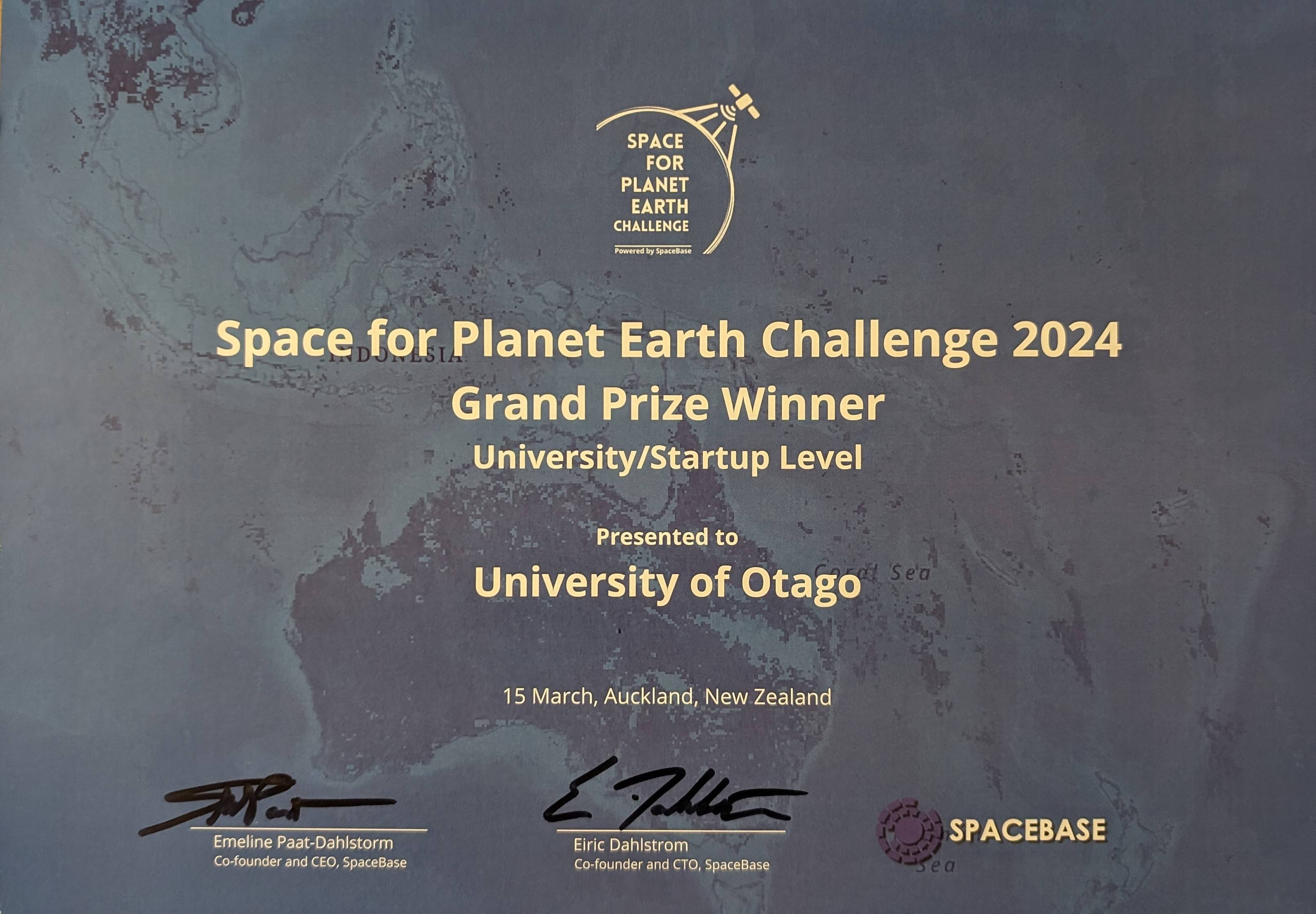Revolutionary satellite tech improves methane monitoring. University of Otago's award-winning project uses AI for efficient methane tracking in agriculture, especially in Latin American rice cultivation.

Methane, a potent greenhouse gas, is a focal point in the global battle against climate change. Effective monitoring and control of methane emissions are crucial steps in mitigating its impact. While significant methane emissions are often linked to industrial activities, identifying and addressing weaker sources, such as rice, livestock, landfills, and natural emissions, presents a considerable challenge.
Recent strides in satellite technology have revolutionized the precision of methane emission monitoring from space. Spacecraft like Sentinel 5P, alongside advanced sensors such as GHGsat, Sentinel 2, and EMIT, have played a pivotal role in detecting strong methane emissions. However, the next frontier lies in pinpointing specific locations to detect weaker methane sources, a task critical for upcoming initiatives like MethaneSAT.
In response to this challenge, global teams are developing innovative tools and methodologies to enhance methane emission monitoring efforts on a global scale. The University of Otago, based in Dunedin, New Zealand, has emerged as a frontrunner in this field. Their groundbreaking project, "Satellite-based AI Emulators for Efficient Monitoring of Agricultural Methane Emissions," recently clinched the Grand Prize in the prestigious Space for Planet Earth Challenge.
The University of Otago's project showcases groundbreaking work in harnessing satellite data and artificial intelligence to monitor methane emissions from agricultural activities, including livestock farming in New Zealand and rice cultivation in Latin America. During the competition, Cristhian Delgado, a Ph.D. student from the team, unveiled a prototype neural network capable of predicting methane fluxes based on data retrieved from the Sentinel-5 satellite. This innovative approach, complemented by the development of a prototype app, heralds a new era in methane emission monitoring, set to be deployed within the framework of the project "Satellite methane monitoring in rice growing regions of Latin America."
The University of Otago's triumph in the Space for Planet Earth Challenge not only underscores its expertise in space technologies but also highlights the collaborative efforts and expertise within the project "Satellite methane monitoring in rice growing regions of Latin America." Congratulations to all members involved in this project for this well-deserved recognition!
You can watch his presentation and the awards here.




